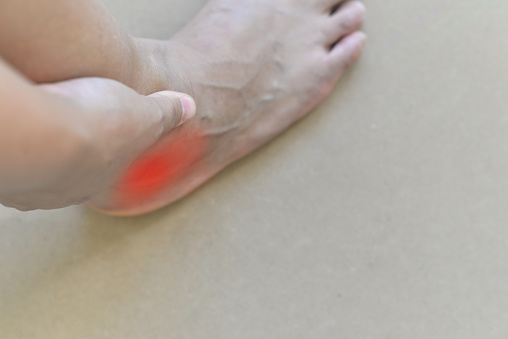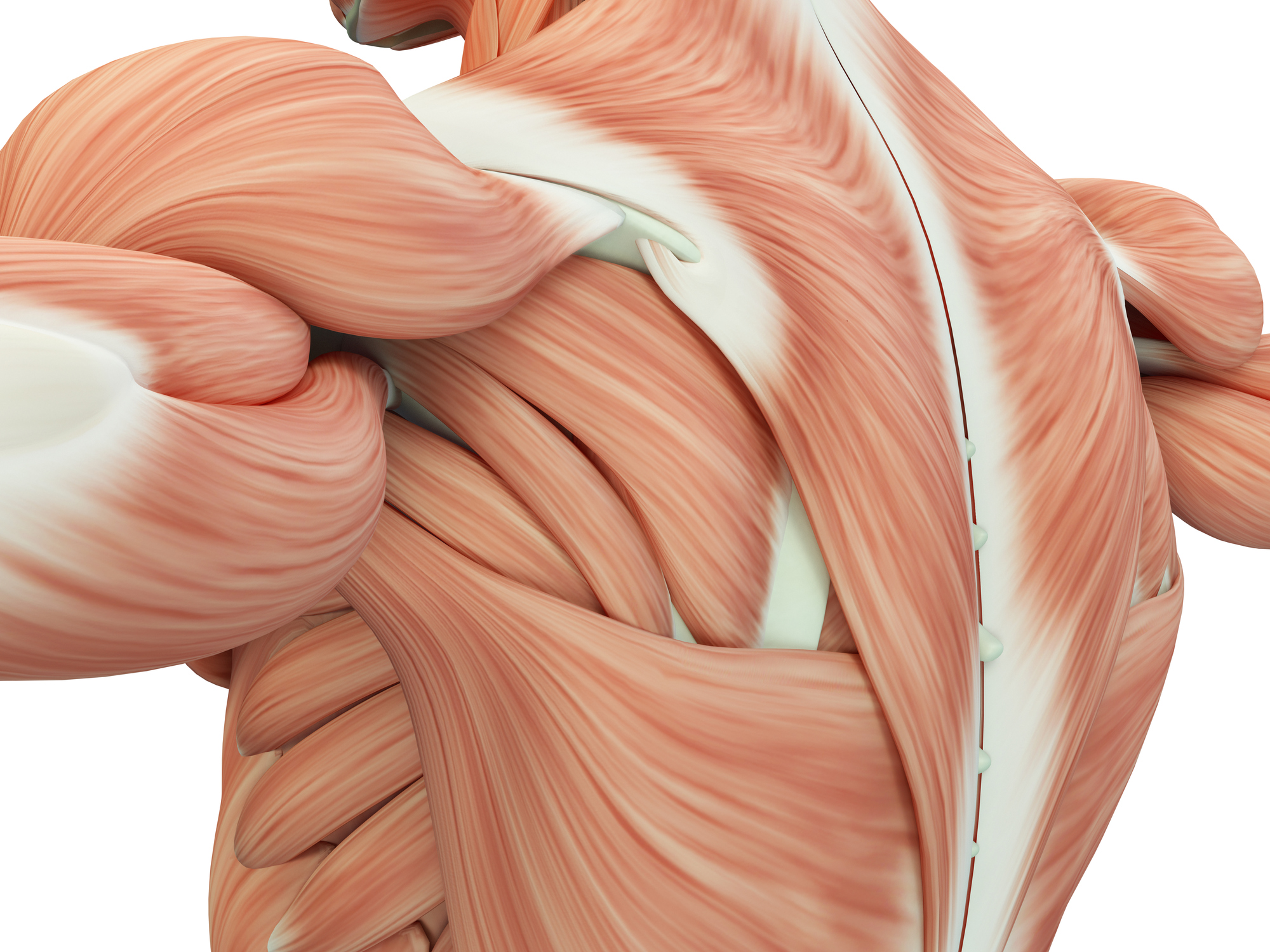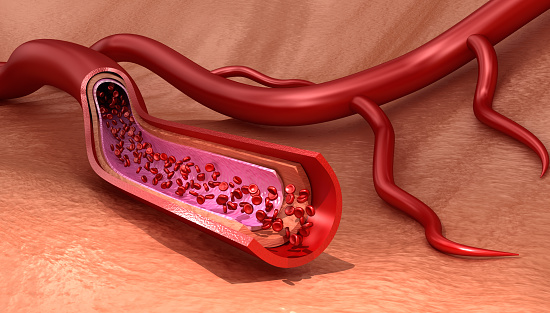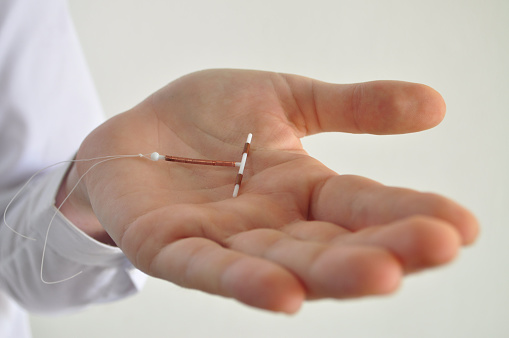7 symptoms you should never ignore
Urinary problems seem to occur more as you age. From leaks, to pain, to greater frequency, when it comes to bladder problems, there are several. There is one problem in particular that if not caught early on can lead to serious health problems. Urinary tract infections (UTIs) are more common among women, but men can ...click here to read more














